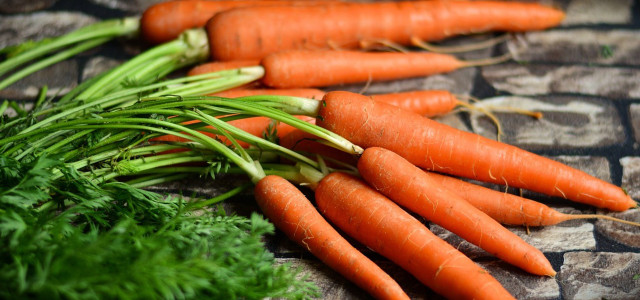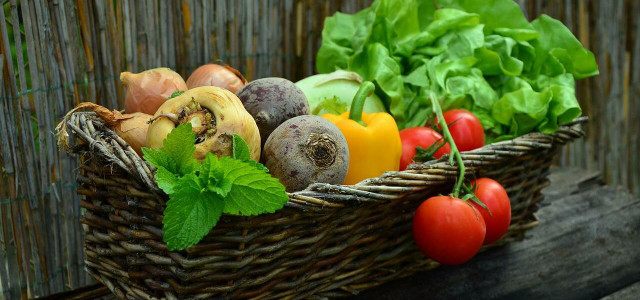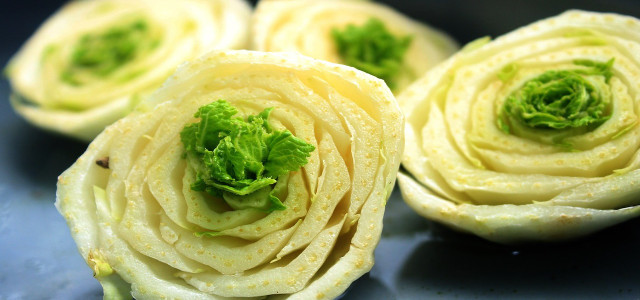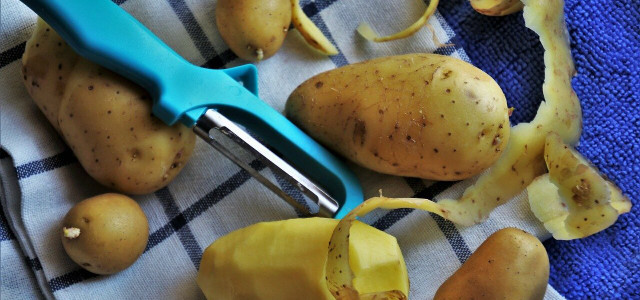Do you need to peel carrots and other vegetables? We’ll take a closer look at some common myths and show you which vegetables you can eat with their skins on.
When cooking, many don’t think twice before peeling vegetables. However, it turns out that peeling vegetables isn’t always the best choice. The skins of many vegetables contain fiber, vitamins, minerals, and other nutrients that can benefit your health. Peeling also helps to minimize the amount of waste that you produce.
No matter how you choose to prepare your vegetables, it’s always best to wash and scrub them as this helps to remove any dirt or lingering debris. If you want to avoid pesticides altogether but still eat vegetable peels, your best option is to purchase local, organic fruits and vegetables.
By doing so, you are protecting both the environment and your health. Pesticides often enter the environment via rivers, streams, and lakes and even seep through the soil into groundwater, posing a threat to aquatic and marine life.
So, do you need to peel carrots? We’ll look at what vegetables you can eat with their peels below.
Do You Need to Peel Carrots?
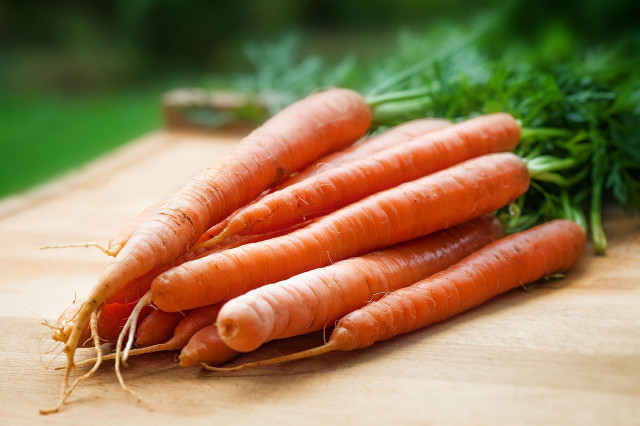


Many vegetable lovers may be pleasantly surprised that you don’t have to peel carrots. In fact, this is one of the many vegetables that you use with the skins on. So, what others are there? Here are some other vegetables that don’t need to be peeled:
- Parsnip: Wash and scrub the skin with a brush.
- Potatoes: Rinse and scrub the skin. You should cut away any green spots or sprouting.
- Eggplants: Eggplants have thin skin. Just give them a quick wash.
- Cucumbers: Give your cucumber a quick rinse before you cut it up to eat.
- Sweet potatoes: Rinse and scrub the skin. You should cut away any sprouting.
- Ginger: You can eat ginger peels.
- Green asparagus: It doesn’t need to be peeled, just give it a quick rinse.
You don’t have to peel the skin from any of these vegetables. All are safe for consumption and will help to reduce the amount of food that you waste. Make sure you rinse and scrub your vegetable skins well before cooking or eating, and always purchase organic if you can. If you don’t have a vegetable brush at home, look for ones made with natural products, such as this one from NicheMkt (available on Amazon**). As well as vegetable skins, some fruits can be eaten with the peels still intact.
Fruits You Don’t Have to Peel
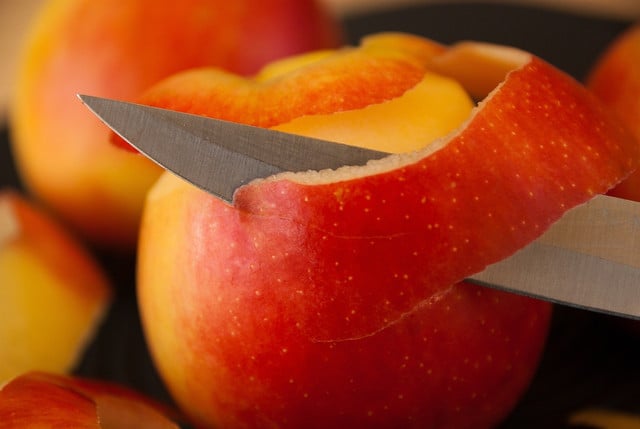


There are plenty of fruits that you can eat with the skin on. Just like vegetables, the skins of fruits contain many beneficial properties, such as an increased amount of antioxidants. Here are some fruits that you can eat with their peel:
- Berries and cherries
- Grapes
- Apples
- Pears
- Peaches and plums
- Tomatoes
- Kiwi
- Figs
- Mango
If you want to get creative, there are 3 kiwi skin recipes you could try from the comfort of your home. Likewise, there are plenty of easy ways you can use leftover apple peels if you’re not a fan of them.
However, some fruits should be peeled, as they can be hard to chew or difficult for your body to digest. Here are fruits that need peeling:
- Avocados
- Pineapples
- Papayas
- Mangos
- Bananas
- Melon
- Lychee
If you decide to peel any fruits or vegetables, make sure you dispose of your peels responsibly. For example, you can reuse lemon rinds, orange peels, and lime peels by cooking or grating the skin into a zest. You can also repurpose pineapple peels.
If you can’t reuse your peels, add them to your compost with other biodegradable waste to prevent them from going to landfill. You could also feed your fruit and vegetable waste to your livestock, such as chickens.
Read more:
- Homemade Vegetable Broth Recipe: Easy, Organic and with Freshest Ingredients
- Can You Eat Banana Peels? 3 Ideal Recipes & The Risks
- Vegetable Scraps: Easy Ways to Reuse Veggie Seeds, Peels, and More
Do you like this post?






